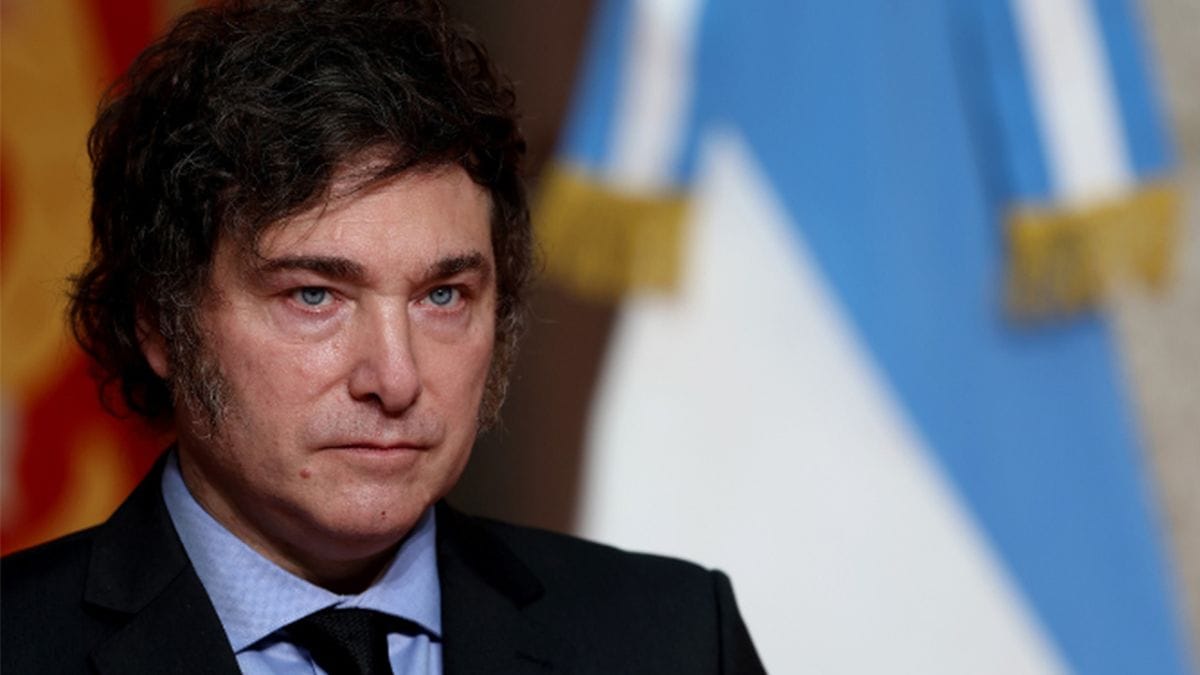Argentine Judge Orders Disclosure of Javier Milei’s Bank Accounts in LIBRA Scandal Investigation

An Argentine judge has intensified the investigation into President Javier Milei’s involvement in the controversial LIBRA memecoin scandal by ordering the full disclosure of his bank accounts. The ruling, issued by Judge María Servini, also extends to the president’s sister, Karina Milei, as authorities probe allegations of fraud tied to the rapid rise and collapse of the LIBRA memecoin. The decision marks a significant escalation in a case that has already damaged Milei’s public image and sparked widespread debate about financial oversight in Argentina’s crypto sector.
The LIBRA scandal, which erupted in February 2025, centers on a cryptocurrency that Milei promoted on social media, leading to a brief surge in its value before a dramatic crash that cost investors millions. Legal complaints and public outcry have since fueled demands for accountability, with the latest judicial actions signaling a deeper probe into the financial dealings of the Milei siblings and their associates.
Court Orders and Ongoing Investigations
Judge Servini’s order, reported by Argentine outlet Página 12, mandates that Argentina’s Central Bank lift bank secrecy protections on the accounts of Javier and Karina Milei, allowing scrutiny of transactions dating back to 2023. This move aims to uncover any financial ties between the Mileis and the LIBRA project, which critics have labeled a “rug pull” scam. The term refers to a scheme where developers inflate a cryptocurrency’s value to attract investors before abruptly selling off their holdings, leaving others with worthless tokens.
The judge’s ruling comes alongside other significant steps in the case. Earlier this week, Servini froze the assets of three individuals - Manuel Terrones Godoy, Mauricio Novelli, and Sergio Morales - described as “crypto bros” linked to Hayden Davis, whose firm, Kelsier Ventures, orchestrated the LIBRA launch. These asset freezes are intended to prevent the dissipation of funds potentially tied to the alleged fraud. Additionally, Davis himself has avoided direct scrutiny in the case, with questions lingering about why his digital wallets have not been frozen despite his role in moving funds to centralized exchanges in recent months.
On Wednesday, the Milei siblings were notably absent from a mediation hearing related to a separate civil lawsuit filed by LIBRA investors who claim losses totaling $4.5 million. The hearing, conducted via Zoom, saw no legal representatives for Javier or Karina Milei, while only Godoy’s lawyer attended on behalf of the other defendants. The absence of the Mileis has fueled speculation about their strategy in addressing the mounting legal challenges.
Stay In The Loop and Never Miss Important Crypto News
Sign up and be the first to know when we publishThe LIBRA Scandal and Its Fallout
The LIBRA controversy began on February 14, 2025, when President Milei posted on X, promoting the memecoin as a private initiative to stimulate Argentina’s economy by funding small businesses and startups. The post, which reached his 3.8 million followers, triggered a rapid surge in LIBRA’s value, with the token’s market value briefly hitting $4 billion. However, within hours, the price plummeted as major stakeholders sold off their holdings, leaving thousands of investors with losses estimated at $250 million to $4 billion, depending on sources. Milei deleted his post and distanced himself from the project, claiming he was unaware of its details and had acted in good faith.
The scandal has drawn intense criticism, with opposition lawmakers and investors accusing Milei of complicity in a fraudulent scheme. Over 100 criminal complaints have been filed, and Argentina’s Chamber of Deputies voted in April to investigate Milei’s role, with allegations of fraud and illicit association at the forefront. The non-governmental organization Observatorio del Derecho a la Ciudad has claimed that the scam affected over 40,000 investors, underscoring the scale of the financial damage.
Political and Economic Ramifications
The LIBRA scandal has significantly eroded public trust in Milei, with his disapproval rating reportedly reaching 60% in the wake of the controversy. The Buenos Aires Stock Exchange also felt the impact, with the S&P Merval index dropping 5.6% shortly after the scandal broke. Despite Milei’s efforts to stabilize Argentina’s economy, evidenced by inflation falling to 2.2% in January 2025 and increased oil production, the crypto debacle has cast a shadow over his reform agenda.
The investigation’s focus on Karina Milei, who serves as a key advisor and gatekeeper for the president, adds another layer of complexity. Her alleged ties to individuals like Sergio Morales and her role in the administration’s decision-making have drawn scrutiny, with some sources suggesting she may be a primary target of the probe. The “iron triangle” of Javier, Karina, and advisor Santiago Caputo, which has been central to Milei’s governance, now appears vulnerable as the scandal exposes potential weaknesses in their inner circle.
As the investigation progresses, questions about financial transparency and regulatory oversight in Argentina’s market are likely to intensify. The absence of clear action against Davis and the movement of LIBRA related funds to centralized exchanges raise concerns about the ability to recover losses for affected investors. For now, Judge Servini’s order to disclose the Mileis’ bank accounts signals a determined effort to uncover the truth behind one of Argentina’s most high-profile financial scandals in recent years.

